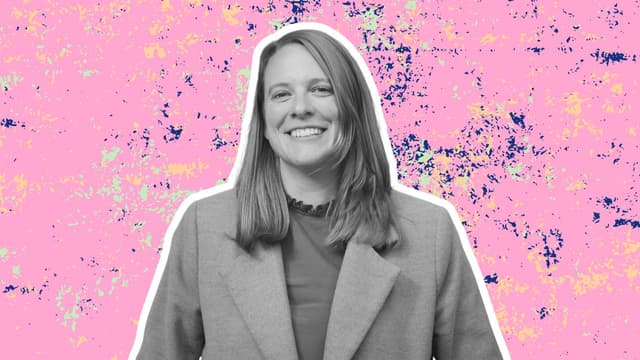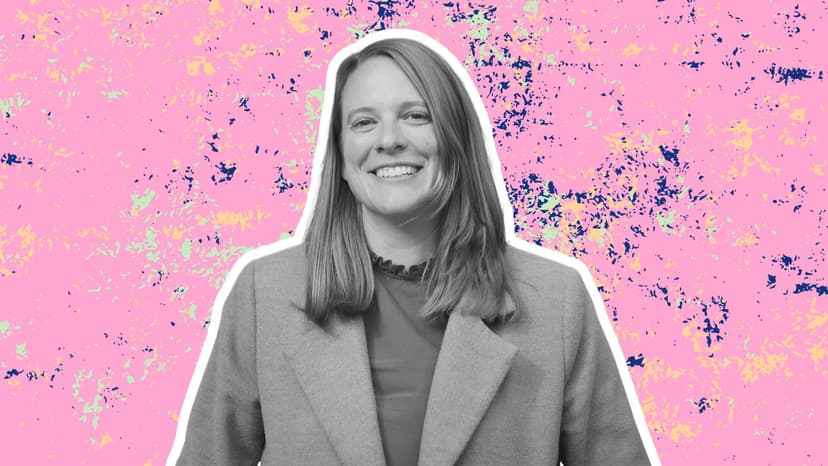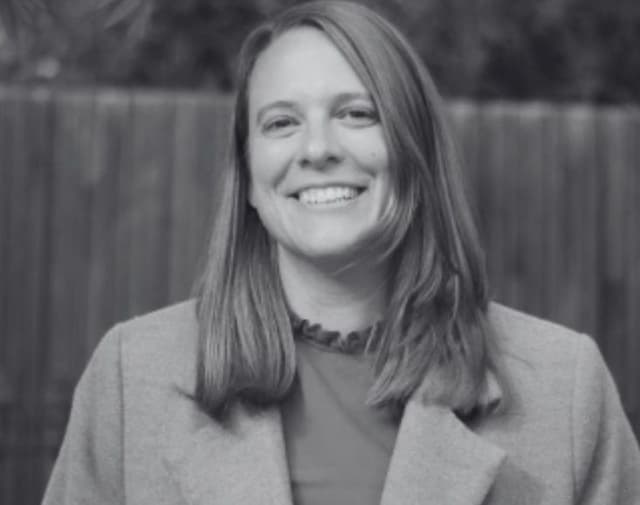
Using Positive Psychology to Improve Teacher Wellbeing (45 minutes)
Go to
Course Summary
Course Content

Using Positive Psychology To Improve Teacher Wellbeing
Introduction
What is wellbeing?
Complete mental health
The P in PERMA(H): How to notice and enhance positive emotions
The E in PERMA(H): Using our strengths to increase engagement
The R in PERMA(H): Building and maintaining relationships
The M in PERMA(H): Connecting with meaning and purpose
The A in PERMA(H): The importance of accomplishment and competence
The H in PERMA(H): Nurturing your health
Reflection
Congratulations
Course Writers

Megan Corcoran is a wellbeing consultant and Director at Wagtail Institute. She spent 12 years teaching and leading in alternative schools, working with young people who had experienced childhood trauma, often lived in out of home care and were experiencing disadvantage. She has a Masters in Applied Positive Psychology and teaches a Positive Psychology subject at Monash University. She is passionate about the wellbeing of students and staff in schools and loves sharing wellbeing science and trauma-informed practice with teachers.